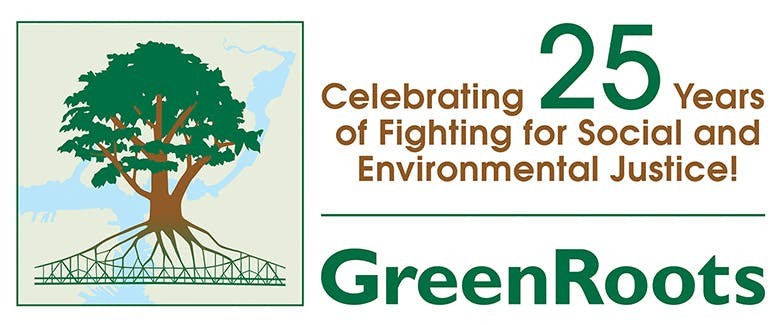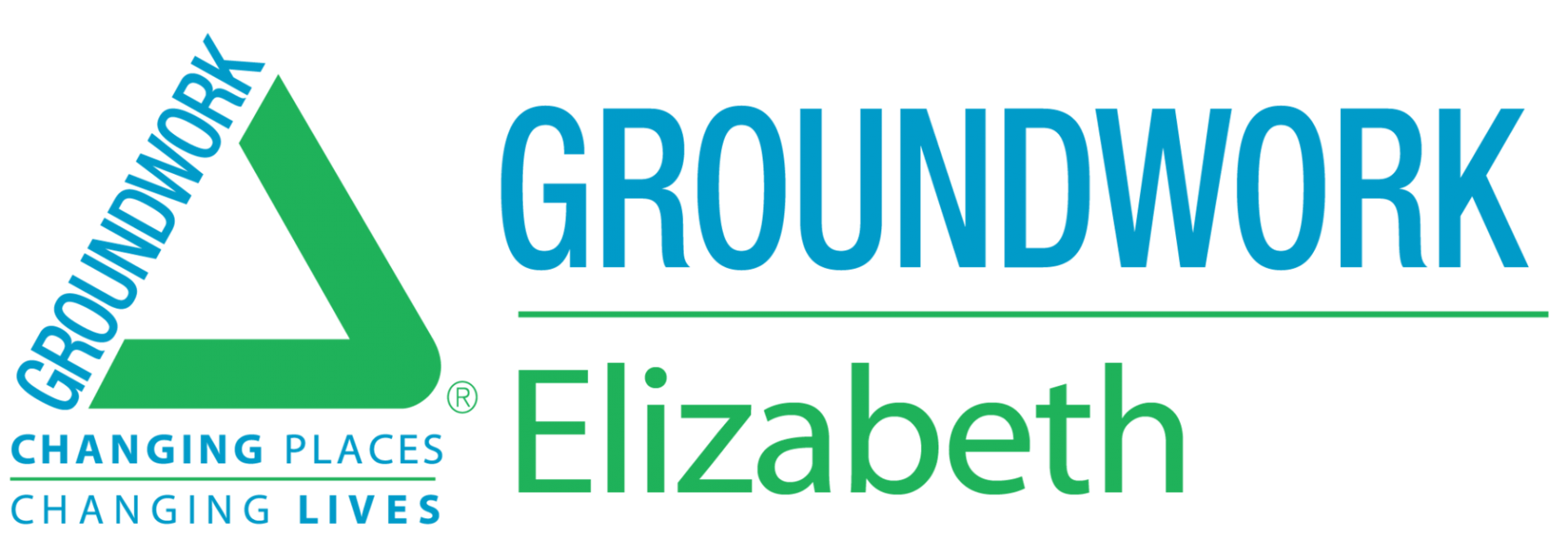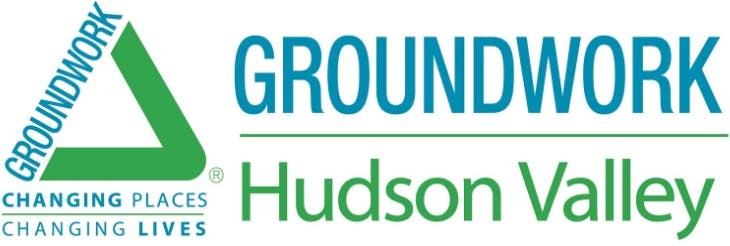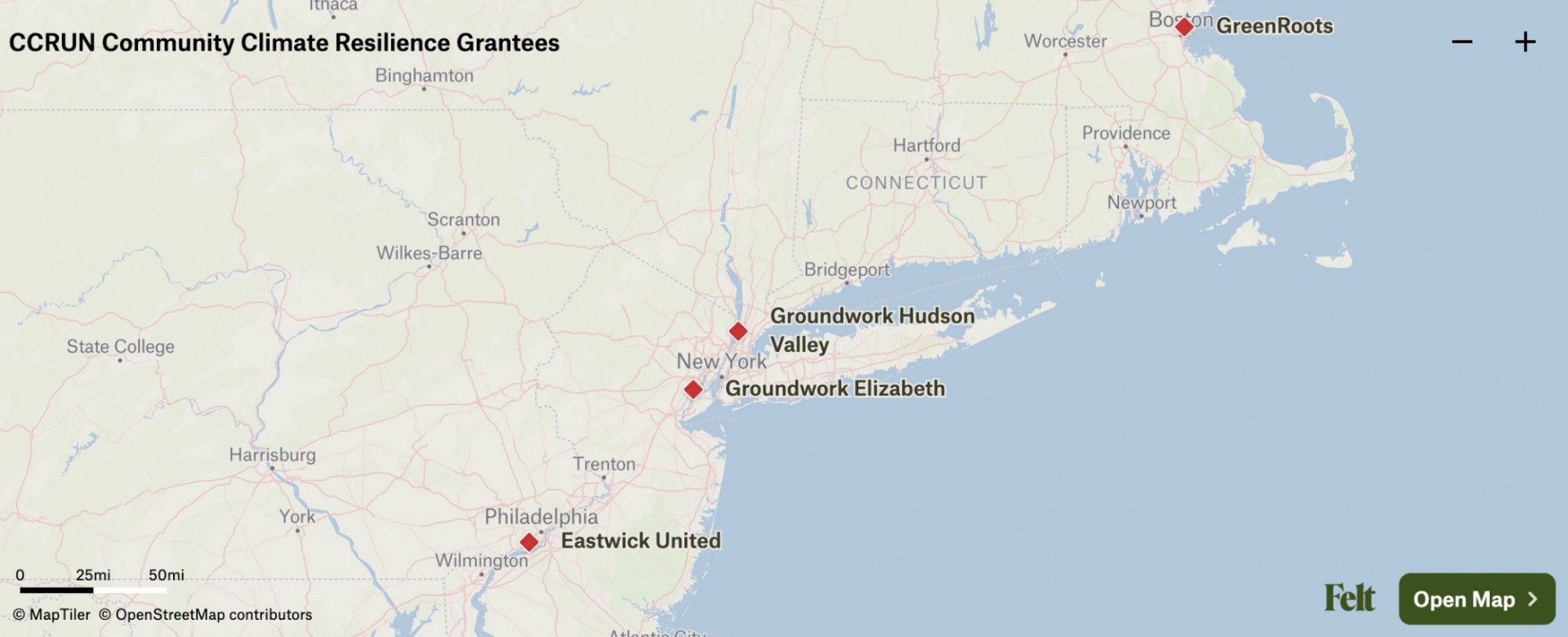Community Climate Resilience Grant Competition
The Consortium for Climate Risk in the Urban Northeast’s (CCRUN) Community Climate Resilience (CCR) Grant Competition awarded four one-year grants of $25,000 each to non-profit [501(c)(3)] organizations working with socially vulnerable groups on projects that prepare communities in the urban Northeast (Philadelphia to Boston corridor) for hazards related to weather and climate, such as flooding and heat waves. These grants are designed to support projects focused on improving preparedness, adaptation, and resilience, and may include activities such as planning, data collection, vulnerability mapping, grant proposal development, network-building, advancing nature-based solutions, and more. CCR projects aim to reduce risks of climate variability and change in vulnerable communities, identify strategies that improve preparedness and resilience, and enhance equity. The CCRUN research team is working collaboratively with each grantee organization to support implementation of their projects.
2022-2023 Grantees
Learn more about the CCR Grantees by clicking on the red icon next to their names on the map.
Learn more about the CCR Grantees
Location: Philadelphia, PA
Website: https://www.eastwickunited.org/
Project Title: Eastwick Land Swap Proposal
Project Description: The overall objective is to minimize risk exposure to residents residing in a 100-year flood plain due to repetitive catastrophic flooding events in the Eastwick Community. This will be accomplished through the application of a community led concept designed to keep residents safe, avoid displacement from the Eastwick community and to make residents whole. This conceptual plan involves the swap of a large tract of vacant, city owned land in a 500-year flood plain with land currently occupied by residents living in a 100- year flood plain. To validate this concept, Eastwick United CDC (the CDC), will need to hire an Engineer to finalize studies and planning work conducted by students associated with Drexel University’s Sustainable Water Resource Engineering Lab.
The proposed land-swap concept seeks to achieve restorative justice by relocating impacted residents to higher elevations within the community to avoid the repeat of displacing residents from the community as in the past and constructing replacement housing for impacted residents at higher elevation at no cost to the impacted residents thereby making them whole from harmful past building practices. The replacement housing should be designed to include flood resistance measures that will keep residents safe in their new location in anticipation of more frequent and intense flood events due to climate change and sea level rise.

Location: Chelsea, Massachusetts
Website: www.greenrootschelsea.org
Project Title: Mitigating the Impacts of Heat Islands through Community-led, Nature-based Solutions
Project Description: Funding from the Consortium for Climate Risk in the Urban Northeast will help advance community resilience and improve environmental justice areas of concern through the following heat mitigation and air quality improvement strategies: 1. Greater green and open space: GreenRoots is transforming a vacant, urban parcel, 212 Congress Ave, into an urban oasis with trees, plantings, shade structures and hydration stations. Pre- and post- monitoring of the heat index and surveying with neighborhood residents of personal perception of heat will determine the use and benefits of this demonstration project. 2. Resident Engagement: GreenRoots staff will conduct multilingual community outreach to connect residents in heat-vulnerable neighborhoods to cooling solutions (ongoing). Engagement includes: door knocking, flyering, stand-outs in public areas, social media, other online strategies and in-person events in the vacant parcel. 3. Implement Cool Block Strategies: Collaborate with BSLA, BU School of Public Health and City of Chelsea on installation of Cool Block strategies including painting white roofs, temporary art and data visualizations, cooling structures and possible water features at 212 Congress.

Location: Elizabeth, NJ
Website: www.groundworkelizabeth.org
Project Title: Community led Engagement to combat Heat and Flooding at the Trotters Branch of the Elizabeth River
Project Description: The United States Environmental Protection Agency and United States Forest Service have designated the Elizabeth River and the adjoining Trotters Branch tributary sites as one of their Urban Waters Federal Partnership locations (Site ID 16, Passaic River/Newark, New Jersey). Flooding and contamination from runoff at these locations caused by a changing climate pose a threat to human and natural life along the local Elizabeth watershed which feeds through the poorest neighborhoods in Elizabeth into the regional Newark Bay watershed. Erosion is at an unprecedented level and has been increasing exponentially since Superstorm Sandy hit the Newark Bay region in 2012.
Groundwork Elizabeth’s ultimate goals are to mitigate challenges to our urban community’s environment while fostering environmental justice within diverse and underserved redlined City neighborhoods. We need community support to make this happen. We have begun to do this work by establishing the “Trotters Branch/Elizabeth River Restoration project”. We need technical expertise from CCRUN to help us get the word out to our community to be able to gain momentum to mitigate flooding from climate change at this site.

Location: Yonkers, NY
Website: www.groundworkhv.org
Project Title: An Information Dissemination Campaign to Strengthen the City of Yonkers Climate Action Plan and its Implementation
Project Description: In this project, Groundwork Hudson Valley (GWHV) will utilize the expertise of CCRUN staff and colleagues to strengthen the information it provides, and the communication approaches it uses to engage, inform, and persuade local policymakers to integrate climate resilience into the long-term planning and day-to-day operations of the City of Yonkers more successfully. The City of Yonkers, and the NYC region, have been impacted by many climate-induced extreme weather events in the last decade, such as Hurricane Ida. In addition, Yonkers has one of the nation’s steepest terrains, a four-mile Hudson River waterfront which could be inundated by the end of the century, and some of the highest density, low-income BIPOC census tracts in the region. All of these factors increase climate risks, yet getting local agencies in a small city focused on this issue amidst limited resources and other pressing matters, has been an ongoing challenge. Now that the City of Yonkers, with GWHV, is developing its first Climate Action Plan, support is needed from CCRUN to not only complete a meaningful written document but to more importantly motivate local leaders to accept and implement the recommendations within their sphere of government.

2022 Competition Information
The goal of the CCRUN CCR competition is to support community-based organizations, non-profit groups, and alliance and coalition organizations working with vulnerable populations on community-focused planning and action-oriented projects that improve weather and climate hazard preparedness and resilience. Communities within the CCRUN region are exposed to a range of climate-related risks and extremes including heat waves, inland and coastal flooding, extreme precipitation, and other weather events, often compounded by other sources of social and economic inequality. The competition is open to nonprofit organizations with 501(c)(3) status working on, or interested in, addressing a variety of different climate risks, based on the needs of the local community and its constituents. We seek applications from a diverse set of organizations working across the CCRUN region in order to provide opportunities for knowledge exchange and collaboration across projects. For more information, check out our FAQ page, read the 2022 Call for Proposals, or watch our informational webinar.
Contact Information
Please direct all questions to CCRUN CCR Grant Coordinator Katherine Cann ([email protected]).
